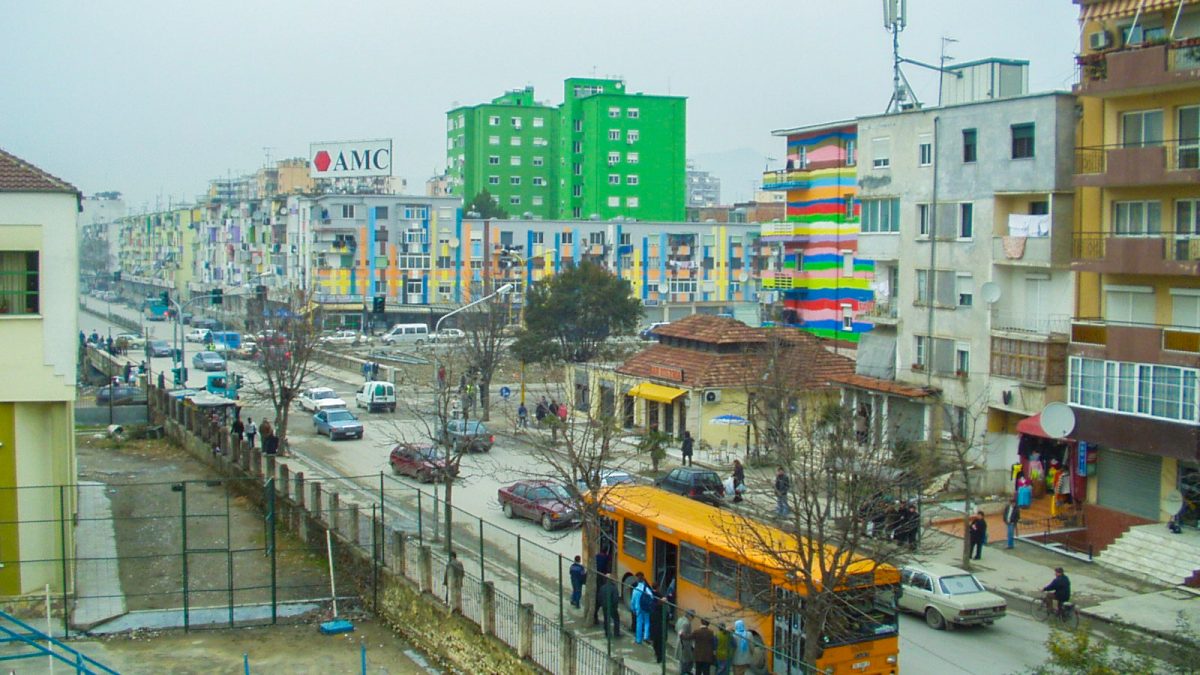Albania

In 2002, Albania began implementing a long-term plan for growth, the National Strategy for Socioeconomic Development. Drafted with the assistance of The Carter Center, the plan helped establish democratic institutions and build economic growth in the country’s postcommunist era.
Impact
- Facilitated unprecedented collaboration between the government, NGOs, and citizens
- Organized town hall meetings across the country
- Helped build a network to monitor implementation
Transcript: Albania Roundtable Discussion Examines Socio-Economic Development and Civil Society

Explore Further
Related Content
Global Impact Starts with You
Your support sustains the Carter Center's mission of waging peace, fighting disease, and building hope around the world.



